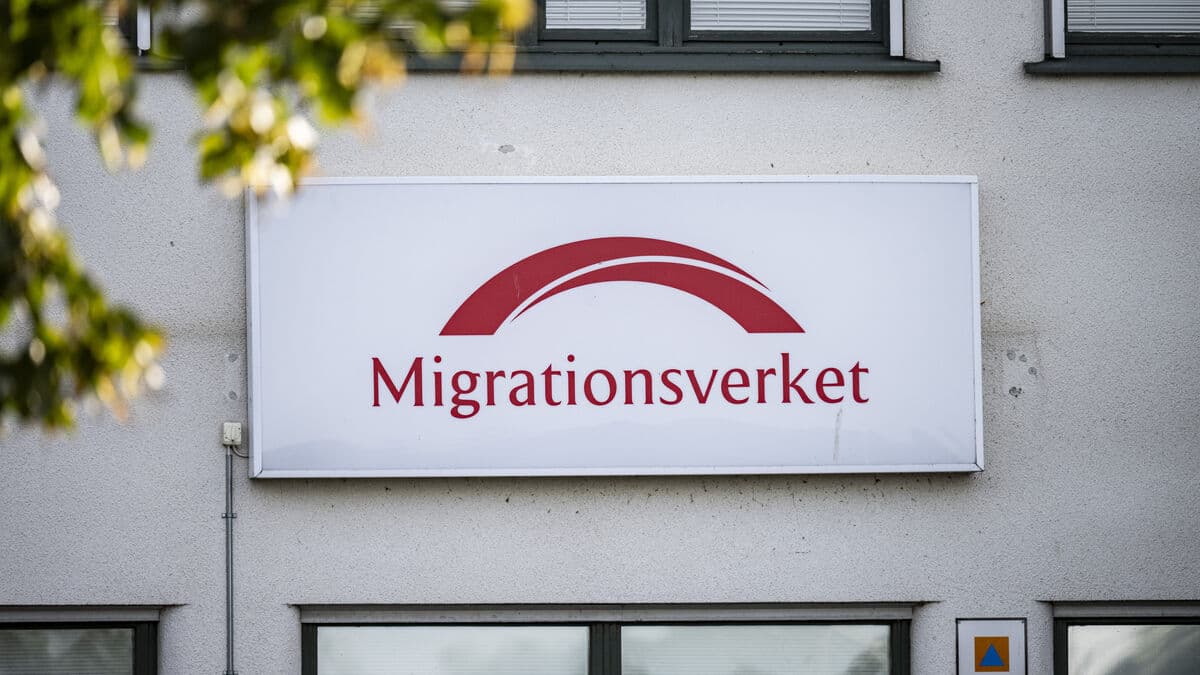Throughout the entire weekend, negotiations have been ongoing without result. When they resume on Monday, it will be with the industrial unions on one side and the employers on the other – who are currently far apart.
The idea is that the two parties will agree on the industrial agreement that traditionally sets the so-called "mark", the norm for wage increases on the labor market.
The mediators' (the impartial chairmen's) first bid, presented last week, would entail wage increases of 7.7 percent over three years. This is divided into 2.8 percent for the first year, 2.5 percent for the second year, and 2.4 percent for the third.
The employers have agreed to this, but it has been rejected from the union side.
"An unacceptable wage increase rate," commented Camilla Frankelius, chief negotiator at the Swedish Association of Engineers, last week, and emphasized that the parties are very far apart.
From the union side, demands have been made for 4.2 percent wage increases over one year, as well as extended working hour reductions.
The current agreement, which expires at midnight, Tuesday morning, has resulted in a wage increase of 7.4 percent.






